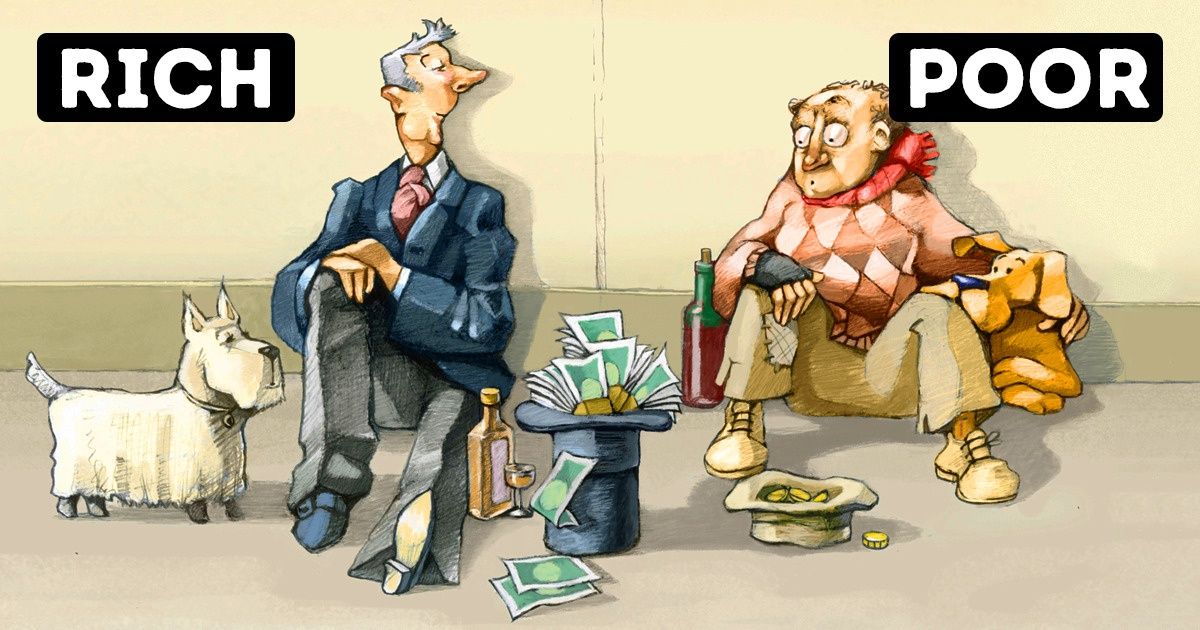Unfortunately, not everyone can consider their childhood cloudless. Some of them had problems with their families, others with their colleagues or with money. And although the financial difficulties of their parents were ephemeral, the memory of those times remains with many people forever.
We try to find out what habits, conscious or not, reveal that a person grew up in a poor family. And we found that we also have some of those habits.
6. Worrying About Food

The constant concern for food and nutrition is one of the hallmarks that show that a family used to have financial problems.
As a result, people who grew up in these families may have to deal with being overweight, may end up throwing away food, and may still eat poorly.
I’m still looking forward to when the guests arrive and eat my food. I keep it to myself, so I don’t look crazy. © HateradeK / Reddit
I can’t eat everything I have on my plate. And if there are too many leftovers left, I’ll end up eating the same for lunch for the next 4 days until it spoils or runs out. We never had much food when we grew up and now I find it impossible to waste food. © Followthatmonkey / Reddit
Saving delicious bits of food for later. Even if they are on the same plate, the least delicious ingredients are eaten first and the most delicious are preserved to prolong the pleasure. An empty plate with only meat goulash, for example, is common. I don’t even notice how it happens. © Kovalevan7 / Pikabu
5. Not Buying Anything “extra”
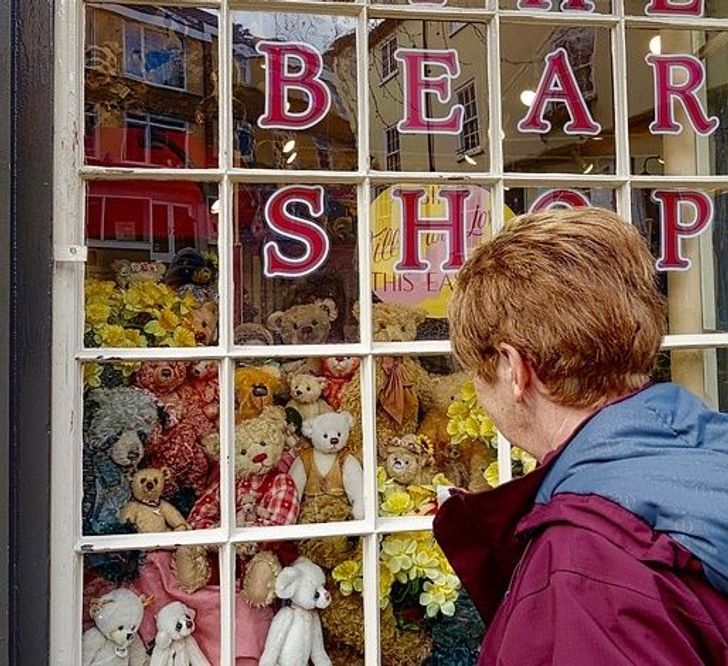
People who grew up in poor families often experience a lot of shopping stress that is not directly related to survival.
Often times, it is these people who use the “late buy” rule, whereby you have to wait a few days before buying any important items.
The store where I worked sold a set: a television and a game console. The price was more than reasonable, I had no debt, and there was enough money in my bank account. Also, my girlfriend and I were going to live together, but we didn’t have a television. Overall, it was a relevant purchase. I almost threw up when it was time to pay. A friend had to convince me that it was a good deal, but I felt physically ill for several hours. © CryoClone / Reddit
4. Working For A Penny
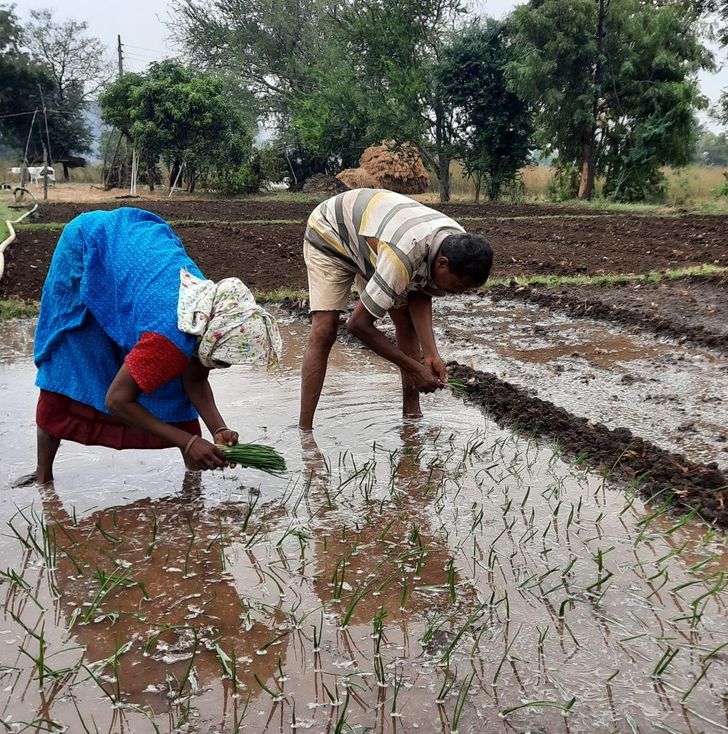
The irrational fear of losing their job is typical of people who have understood since childhood that they simply cannot survive without a stable income, no matter how small.
Max works for a large company as a freight forwarder. His official annual salary is $ 12,000 and the rest of the money is paid directly to him (meaning he is paid mostly under the table).
Once, he got sick. He hardly received sick leave. He ended up having to take out a salary loan, so he got into even more debt. He recovered and kept working.
And now, he says that what happened is fine, because he works for a large company, and the $ 40,000 that he actually earns is not being given to anyone else. And he does it without a safety net or guarantee that he will have that job in the future. © dadudist / Pikabu
3. Holding On To Things That Are Yours
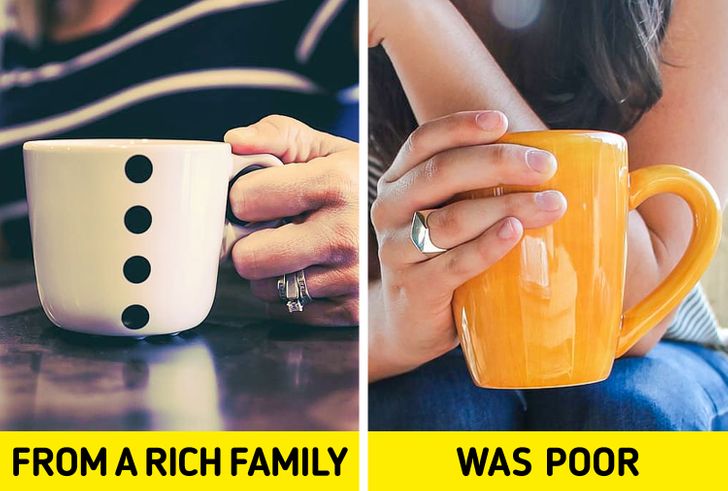
Some habits that indicate a poor childhood can be easily identified by wealthy people and sales professionals. The way you move, speak, gesture, eat and even hold a cup of coffee can tell you a lot about your life.
Once my 3 friends and I rented a house. Our host was a well-known actress in the country, and one night an interview with her was shown on television.
We made hot chocolate, sat on the couch, and began to watch. At some point, they were talking about the little things that are important in adjusting to a role.
Then the actress asked the interviewer for coffee and said: “You clearly grew up in a wealthy family because you keep the cup with the drink away from you.
The poor know they have nothing left, so they squeeze the glass with their whole hand. ” My friends looked at me, holding a cup of chocolate with both hands, and I looked down and said, “It’s true. We were very poor.” © John Jones / Quora
2. Hoping For A Miracle
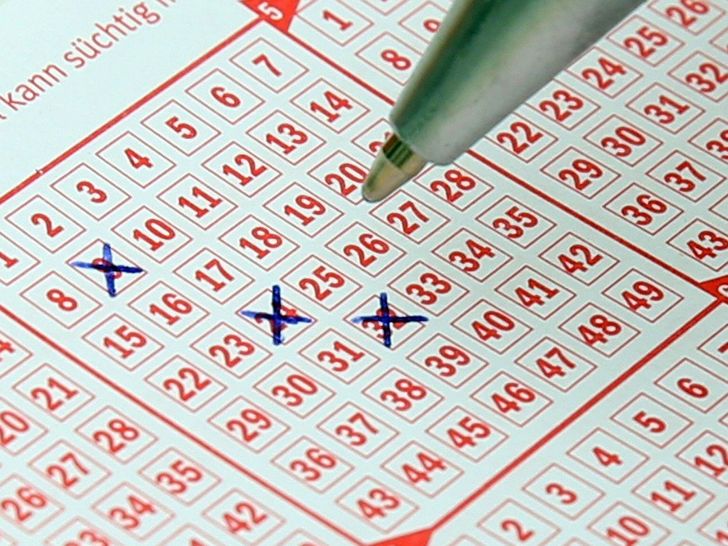
People who have never had money problems treat gambling and lotteries as common entertainment. Of course, they are also delighted with victories and frustrated with failures.
But only those who really need to understand the difference between passion and the hope of a miracle.
I was homeless and now I have my own house and my salary is more than double the average salary. But even though I have a degree in economics and I know this is completely irrational, I still play the lottery. © clemtiger2011 / Reddit
1. Doing Everything Yourself

You can identify a person who grew up in poverty by the number of different things they can do on their own. Changing locks, fixing leaky faucets, laying tiles, making repairs, cutting hair in front of the mirror.
And even if things are not going wrong in your current life, this habit is getting you nowhere.
I moved in with my wife. Once, I asked her where the needle and thread was. She replied to me:
- Why are you asking?
- Me: I need to fix my socks.
- Her: Throw them away and don’t embarrass yourself!
He grew up in a wealthy family. I don’t even know how to tell you that shoes can also be fixed. © klalkin / Pikabu
When I was a child we were very poor, so my parents did not have money to take me to the hairdresser for a haircut. This task was performed by my father.
At school, I was very shy about it. And now I understand how stupid I was because not all daughters can boast that their father is good at the sewing machine, knows how to sew shoes, cut, dye, build, change the plumbing, cook… I am proud of him. “Overheard” / ideer
Tell us, by what signs do you unmistakably understand that a person has been through difficult times?







